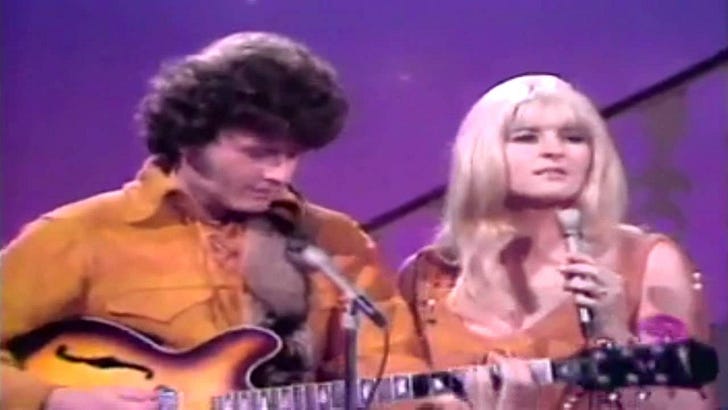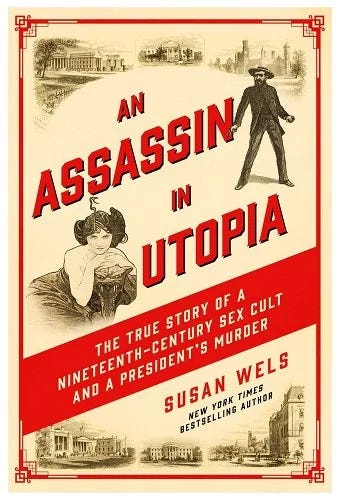Coming to grips with evil is difficult. For a while, we scoffed at the idea of evil. And while I don’t like binary thinking in general when most things are varying shades of gray or colors of the rainbow—it’s Pride Month after all—but I don’t think we can ignore the effects of hate and generalize them away as “different ways of thinking.” Hatred can form from being judgmental, and evil can grow from it.
I enjoyed this article about Simran Jeet Singh on facing evil after an attack on his temple, and how “evil” is a lazy term we use to deny people their humanity. Because hating hate can make you hate people! That does not mean we accept hate groups as part of being free, because you can’t stay free if you permit people to plan to end freedom for people they don’t like. But I do not like how I become when I read the news of hate groups proliferating, of school board presidents calling Harvey Milk “a pedophile” because he was gay, and of the joy many legislators are taking in hurting people.
I do not need to understand them and find that lazy writer’s trope—the defining moment that made them want to hurt others. It doesn’t matter. It is always banal; people who can talk themselves into committing atrocities are rarely interesting. It’s simple enough; demonize your victim.
So I won’t walk down that path myself, and demonize my opponents, no matter how virulent their actions may be. That does not mean I have to break bread with them and treat them like they have a rational argument worth discussing, because they don’t. Just because they are pathetic does not mean they deserve pathos.
They are clowns, but clowns with machine guns; dangerous, no matter how ridiculous they are. And their hateful ideology must be fought.
I don’t believe that when they go low, we go high. That’s how you get hit in the groin. You need to block low, so you can go high. You can fight back without getting dragged into the mud with them.
After the Great War, Germany was punished so harshly that they came back for revenge. Whereas Reconstruction after the American Civil War was allowed to fail, and full amends were never made, causing decades of murderous injustice and simmering resentments. Somewhere in the middle is the way out.
I just finished reading An Assassin in Utopia: the True Story of a 19th Century Sex Cult and a President’s Murder, by Susan Wels.1 It lures you in with the Oneida sex cult of upstate New York, but because there’s not much to say about them—they were a banal sex cult with a leader who wanted to fuck young girls—the larger story of the United States heading into the Civil War, and its perilous path out, is told. Between two Presidential assassinations—Lincoln and Garfield—there was an attempted coup by armed white nationalist groups (or what we called them then, The Klan) to stop the vote count. When President Grant used troops to quell that, the former slavers held a filibuster to block the election certification, intended plunge the country into chaos without an elected President. They held the country hostage, and their demand was that Congress end Reconstruction.
Congress gave in, and Jim Crow terror endured for decades.
Fighting evil, if we want to call it that, begins with ourselves. Zoroastrians believe in good and evil, and that you make a choice every day. Which side you serve. Which actions you take, or don’t take. I’m badly paraphrasing Mahzarin R. Banaji here, from the Hidden Brain podcast on subconscious bias. Her example was: if she helps her friends, she is doing good; but if she helps only her friends, maybe she’s not making the world much of a better place. Kindness should not be reserved for friends and kin.
This was all part of a study on implicit bias that has driven much soul-searching, and divided the country on whether systemic racism exists. I’m not going to argue its existence, because it’s been proven by countless studies. It doesn’t matter if you feel bad for having it. You can subvert your own implicit biases. Which is harder than whining that “you’re a good person” and not actually doing anything.
Banaji talks about this in episode 2, near the end, but both episodes are worth a listen. She is also the co-author of Blindspot: Hidden Biases of Good People, if you want to read more in detail.
The study of implicit bias can make you feel hopeless, but there’s a glimmer hope in episode 2. They saw an immense drop in implicit bias against LGBTQ people, and project it to die out entirely within a generation or two.
Say what? You wouldn’t know that from the laws being passed recently! But that’s a sign that the hateful people are scared. They know they are losing that fight, in the long run. A conservative judge just struck down Tennessee’s drag ban, and a federal judge ordered Florida to stop enforcing its bans on gender-affirming care for transgender youth, and believes the parents will win their case.
This week, on the day before my birthday, I’ll be riding my bike in the local Pride parade. The week after that, I will be on hiatus, off grid on a camping trip. When I get back, if the squirrels don’t devour my bones, I’ll tell you all about it and share more of my adventures in Iceland.
Until then, some links to tide you over:
Chicago gangs had business cards! Some of them are amazing. Thanks to Andy Chase for this one.
It’s time to take sides. I’m on Team Doughnut.2 Where do YOU stand?
If you don’t think an animated film can make you cry with joy, try the ten-minute short Late Afternoon by Cartoon Saloon, the animation team who created The Secret of Kells and Wolfwalkers. Hat tip to
for this.Annoyingly, a Rutherford, New Jersey street will not be named for Thaddeus Marshall, the farmer who raised the chickens and who owned the red wheelbarrow that inspired William Carlos Williams to write his famous poem. It smells of manure, and personal vendettas.
And Jonathan Green, aka Mister Slang, as he nears his fourth quarter-century, remains as entertaining as shit:
Disclaimer: I got this reading copy from Pegasus Books.
Writing out “dough nut” as two words will never not make me giggle.





"Kindness should not be reserved for friends and kin."
💣
Found this piece thanks to the link from Chris LaTray, and I look forward to reading more.
Your description of Late Afternoon as making people cry with joy may be accurate for some and not for others based on life experience and age. It's not joy the piece evokes for me as the final emotion; my mom had dementia for many years and didn't know my name for a long time before she died. Tears, yes. A beautiful piece and well worth watching so thank you for sharing it.